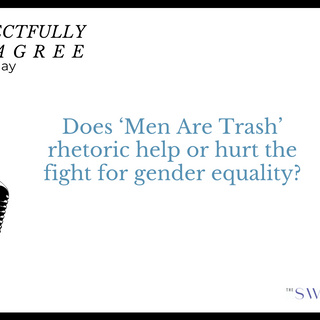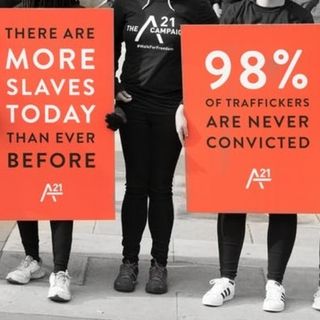A March 2019 Grey’s Anatomy episode, which focused on sexual assault and the medical procedures that follow, increased public awareness about sexual abuse in the 48 hours after its release, concluded a study out of Oklahoma State University (OKU), U.S., and published in JAMA Internal Medicine.
At the end of the episode titled “Silent All These Years,” which showed Teddy Altman (Kim Raver) administering a rape kit to a sexual assault survivor, the show’s protagonist, Ellen Pompeo, gives a PSA informing viewers how to seek help after an assault, and lists the Rape, Abuse and Incest National Network (RAINN) as a resource.
Researchers, by using Google Trends and data submitted by RAINN, found a 41% uptick in searches for “RAINN” on Google, and an 8% hike in searches for “rape.” On Twitter, tweets mentioning RAINN and terms such as “sexual assault hotline” increased by 1,000%, the study found. RAINN also reported a 43% spike in the number of people who called RAINN’s hotline to report sexual assault, following the release of the episode.
“Increasing accurate portrayals of sexual assault in the media, coupled with increased awareness of organizations similar to RAINN, may positively affect public health,” the study states.
In the episode, Abby (Khalilah Joi) is a sexual assault survivor who is hesitant to report the crime because she fears she won’t be believed. Eventually, she consents to a sexual assault forensic exam, after Jo (Camilla Luddington), a doctor at Grey Sloan Memorial Hospital, insists Abby needs all the proof she can preserve if she decides to go to the authorities. During the administering of the rape kit, the doctors ask Abby if she’s ready every step of the way, as dictated by law. When Abby, whose diaphragm is damaged because of the assault, is being wheeled to surgery, all the women hospital employees shield Abby from male presence by lining up along the hallway she is being taken through. Throughout the episode, the consent of the survivor is given paramount importance, portraying an understanding of sexual trauma seldom seen in real-life medical practice.
Related on The Swaddle:
News Reporting of Sexual Violence Is Propagating Rape Culture
InStyle’s Jessi Gold, in a thoughtful critique of the entire episode, writes, “Safer words have never been more thoughtfully or purposefully repeated throughout a TV episode to a survivor of rape.” This attention to detail, keeping in mind the fragile mindsets in which sexual assault survivors can be, on the part of the Grey’s Anatomy writers, is what makes the episode authentic, relatable, and reliable.
The impact of just one episode of Grey’s Anatomy shows the influence cultural content creators have over the viewership, as quantified by the OKU study. Sadly, this power is either largely ignored or taken for granted by creatives making films and television shows targeted toward mass audiences. In Kabir Singh, for example, the filmmakers glorified an abusive alcoholic and tried to absolve themselves of responsibility by stressing they were holding up a mirror to society. In Kaabil, filmmakers got away with shaming the rape survivor. Examples of sexual assault portrayals gone wrong are abundant, but instances of when they get it right are few and far in between. With great reach, power, and influence, comes great responsibility to portray an alternative to society’s ills — by virtue of living in society, we’re painfully aware of the reality created for sexual assault survivors: they are constantly doubted, their mental health succumbs to ham-fisted, ignorant scrutiny, and their consent is violated over and over again by medical and legal professionals. We need a framework for how to treat a sexual assault survivor responsibly, and like it or not, its portrayal largely falls to the media.
“TV storylines can have a powerful impact on viewers, and when coupled with an action item, such as a hotline or website, we often see a significant spike in outreach directly after the show and public service announcement,” Kate Langrall Folb, director of the Hollywood, health and society department at the University of Southern California, Annenberg’s, Norman Lear Center in Beverly Hills, California, told Reuters. “That’s why it’s so important that depictions around health be as accurate as possible.”




